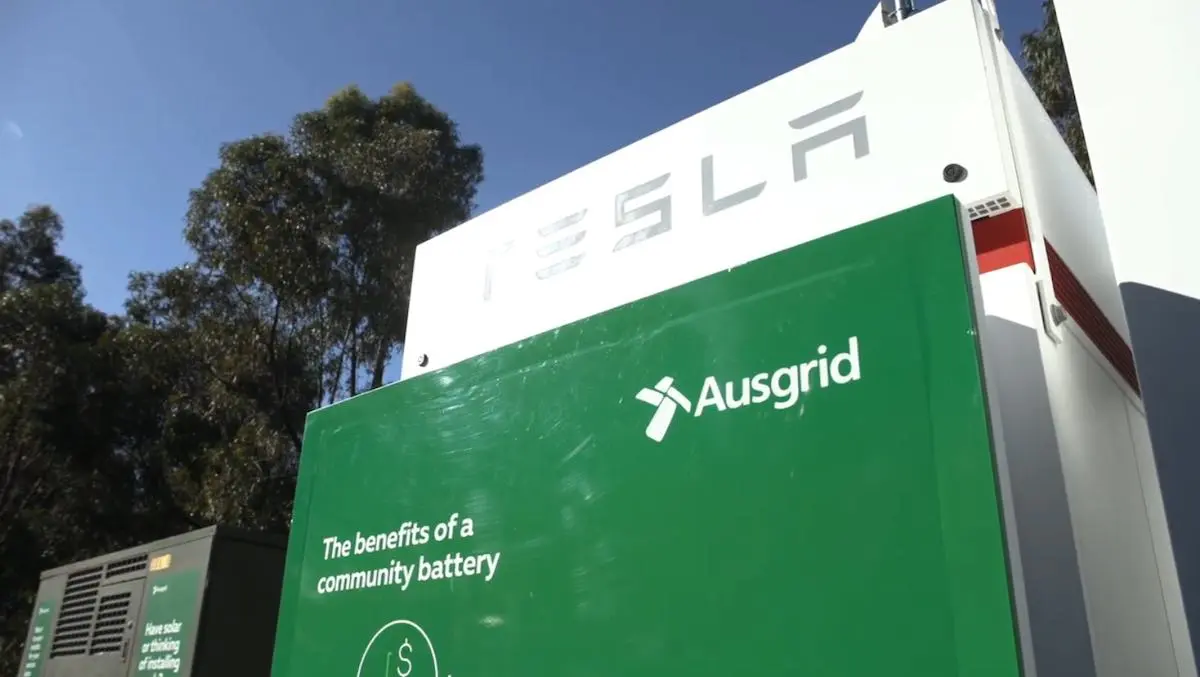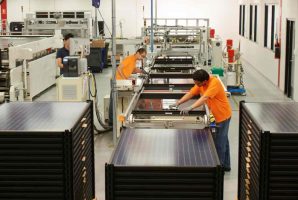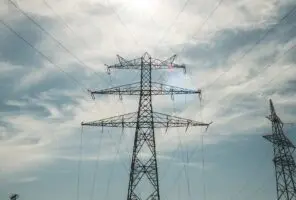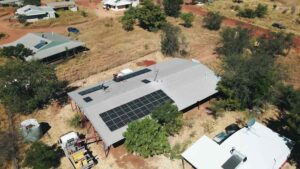 The head of the largest electricity distributor on Australia’s east coast has called on governments, business, and industry to make it easier and more cost effective for Australians to shift from gas to all-electric households and transport.
The head of the largest electricity distributor on Australia’s east coast has called on governments, business, and industry to make it easier and more cost effective for Australians to shift from gas to all-electric households and transport.
In a post on Monday to his LinkedIn page, Ausgrid CEO Marc England pointed to a new report from the Grattan Institute, “Getting Off Gas”, which lays out a six-pronged strategy for governments across Australia to drive a shift from natural gas to all-electric households.
“In the same way we shifted from landlines to mobiles, snail mail to email, toll booths to e-tags – we must all work together to make the move from fossil fuel to electric homes that are accessible and affordable to as many as possible,” England said.
This transition will need to take place not only in our homes, but also on the roads. 54% of Australians, according to England, “have indicated they want their next vehicle to be an EV.”
“But while the price of EVs may be coming down – and supply in Australia is getting better – we still need to work on the infrastructure to support them on the road. We are well behind Europe in having EV charging stations available and Ausgrid wants to help change that.”
Inside the home, England explains that another way for consumers to “drive toward net-zero” is to install an induction stovetop rather than gas. “Not only are they 30% more efficient than gas, after the initial outlay, running costs are up to 46% cheaper per year.”
He acknowledged that there are financial barriers in up front costs for new appliances” and the “obvious lack of choice for renters and those in apartments when it comes to fixtures and fittings”, but he said consumers also want this transition to happen.
“In fact,” according to England, “studies show that a fully electrified home has an average total energy cost of $1,850 per year, as opposed to a gas and petrol home which has an average total energy cost of $5,300.
“Over ten years, that’s a saving of $34,500 and, more importantly, 95,550 kg of carbon dioxide.”
England said “60,000 additional customers” Ausgrid have connected in the last year alone, as well as the installation of more public EV chargers and “three (soon to be at least nine) community batteries that will help more homeowners benefit from their solar panels at a lower cost than a battery in their home.”










